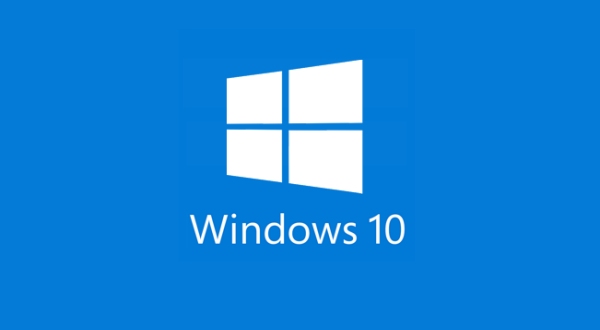How To Stop Windows 10 From Spying On You

Your Daily Blend of Entertainment News
You are now subscribed
Your newsletter sign-up was successful
Users of Windows 10 have found out an unsettling thing: Windows 10 has built-in software to gather your personal data and feed you ads. It's an opt-in service that most people unwilling adhere to during installation but there is a way around it.
Rock, Paper, Shotgun offers a four step process to attempt to opt out of the privacy-invading functions of Windows 10. The first step requires going to 'Settings' and clicking on 'Privacy' and then going through the 13 different screens to disable everything that relates to caching or collecting your personal data.
The second step involves disabling Cortana, Microsoft's new personalized assistant designed to rival Siri. If you want to keep Cortana then you'll have to deal with having your data obtained or distributed at Microsoft's discretion, as mentioned on their privacy policy page regarding personal data collection, which reads...
“You provide some of this data directly, such as when you create a Microsoft account, submit a search query to Bing, speak a voice command to Cortana, upload a document to OneDrive, or contact us for support. We get some of it by recording how you interact with our services by, for example, using technologies like cookies, and receiving error reports or usage data from software running on your device. We also obtain data from third parties (including other companies).”
The third step involves opting out of targeted ads through Microsoft's “opt out” website. Yes, there is a website dedicated to “opting out” of ads. You have to visit Choice.Microsoft.com to opt out.
According to Rock, Paper, Shotgun, every time they went back to the page the “Personalised ads in this browser” option kept turning back on. It might be possible to change this by modifying the system registry (which could be remotely feeding information to Microsoft's website). If the ads are pulling data from a profile in Windows that setting might be stored outside of the browser. You can search the system registry using Regedit for case sensitive things like “ads”, “Ads”, or type in “Internet” to see which entries have “Internet Explorer” or “browser” and the registry settings for the profile. Most of these settings can be manually turned on or off with '1' and '0' settings within the registry editor.
I would advise that if you're not familiar with using a registry editor to leave the setting alone for now. I'm sure a third-party patch will come along at some point to fix the problem for people who prefer not tinkering with the guts of Windows 10.
Step four in the process simply involves removing the Microsoft account from Windows 10 and using a local profile. As noted in the article, you will lose access to certain Microsoft account features, such as the Windows Store and OneDrive, so you'll have to decide on what you want access to and what you're willing to give up to maintain your privacy.
Your Daily Blend of Entertainment News
This news shouldn't come as too much of a surprise to anyone who has been following Microsoft and the topic of user privacy. Years back they were involved with the NSA's Prism program, feeding the National Security Agency user data for various purposes. Many also worried about the Kinect 2.0 being used for this purpose and some data logs did leak courtesy of Wikileaks that did reveal Kinect being part of a spy program by the GCHQ.
If you're still all-in on using Windows 10 feel free to do so, but keep in mind that Microsoft makes no attempts to hide the fact that your personal data will be used for targeted ads. As mentioned on their privacy policy website...
Microsoft uses the data we collect to provide you the services we offer, which includes using data to improve and personalize your experiences. We also may use the data to communicate with you, for example, informing you about your account, security updates and product information. And we use data to help make the ads we show you more relevant to you. However, we do not use what you say in email, chat, video calls or voice mail, or your documents, photos or other personal files to target ads to you.
So there you go. That's Windows 10 for you, ruining Solitaire and your privacy... one feature at a time.
Staff Writer at CinemaBlend.

